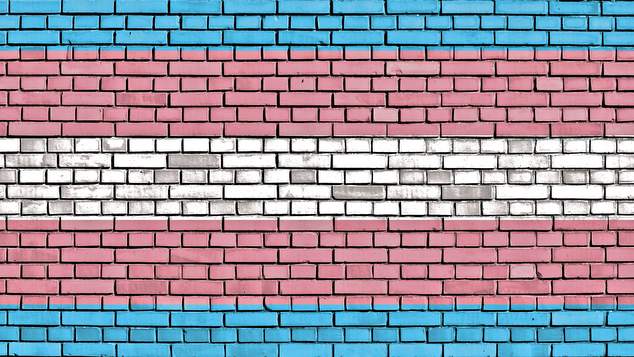
A new report launching today at the Australasian Sexual Health Conference in Perth has revealed major gaps in the health system for trans and gender diverse Australians.
The first survey of trans and gender diverse sexual health in Australia, conducted by the Kirby Institute at UNSW Sydney, reports more than half of participants had experienced sexual violence or coercion – four times higher than the general population.
“This important study highlights a need for policy, procedure and practice in Australian sexual assault services to be more visible, inclusive and responsive to the needs of trans and gender diverse people,” said Dr Eleanor Freedman, Medical Director of the Northern Sydney Sexual Assault Service.
Trans and gender diverse participants also reported high rates of marginalisation in accessing health care relating to sexual health.
“Less than half of our participants said they’d experienced inclusive and respectful care for sexual health. Importantly, less positive experiences in care were associated with lower testing rates for sexually transmissible infections amongst sexually active participants,” said Mr Teddy Cook, an adjunct researcher with the Kirby Institute and Manager, Trans & Gender Health Equity for ACON.
“Providers of sexual health care need to better understand the broad spectrum of gender diversity, and must not make assumptions about their patients’ genders, bodies, sexual orientations or sexual partners.”
The survey also revealed a number of practices that place trans and gender diverse people at particular risk of HIV and other sexually transmissible infections.
Mr Cook also noted that only half of participants reported having a recent sexual health screen and the majority reported inconsistent condom use with casual partners.
“These factors, along with poor experiences in care related to sexual health, can heighten vulnerability to HIV and other STIs.”
The survey collected data from more than 1,500 participants, the largest study of trans and gender diverse people to have been conducted in Australia to date. It was the first national study designed to examine sexual health and wellbeing among trans and gender diverse people, and it was conducted in close collaboration with community partners.
Survey participants were asked a diverse array of questions about topics related to their sexual health and wellbeing, including dating, sex, sexual health care, sexual violence and coercion, pleasure, relationship satisfaction and marriage.
“While some of the survey results are deeply concerning, we also found that many trans and gender diverse people lead happy sexual and romantic lives”, said Shoshana Rosenberg, another study investigator and presenter.
“Trans and gender diverse people engage in a wide range of sexual practices, we get married and divorced, look for sex and love online and offline, and form partnerships with people of all genders. In this way, we are quite like the rest of Australia.”
“Australia’s sexual health policies, guidelines and services require a lot of work to improve health in this domain. Sexual health is a key factor in our overall health and wellbeing, which is why it is great that, for the first time, we have data to guide this important work.”
The 2018 Australian Trans and Gender Diverse Sexual Health Survey Report of Findings launches 17 September 2019 at the Australasian Sexual Health Conference. It can be downloaded by visiting www.tgdsexualhealth.com.au






